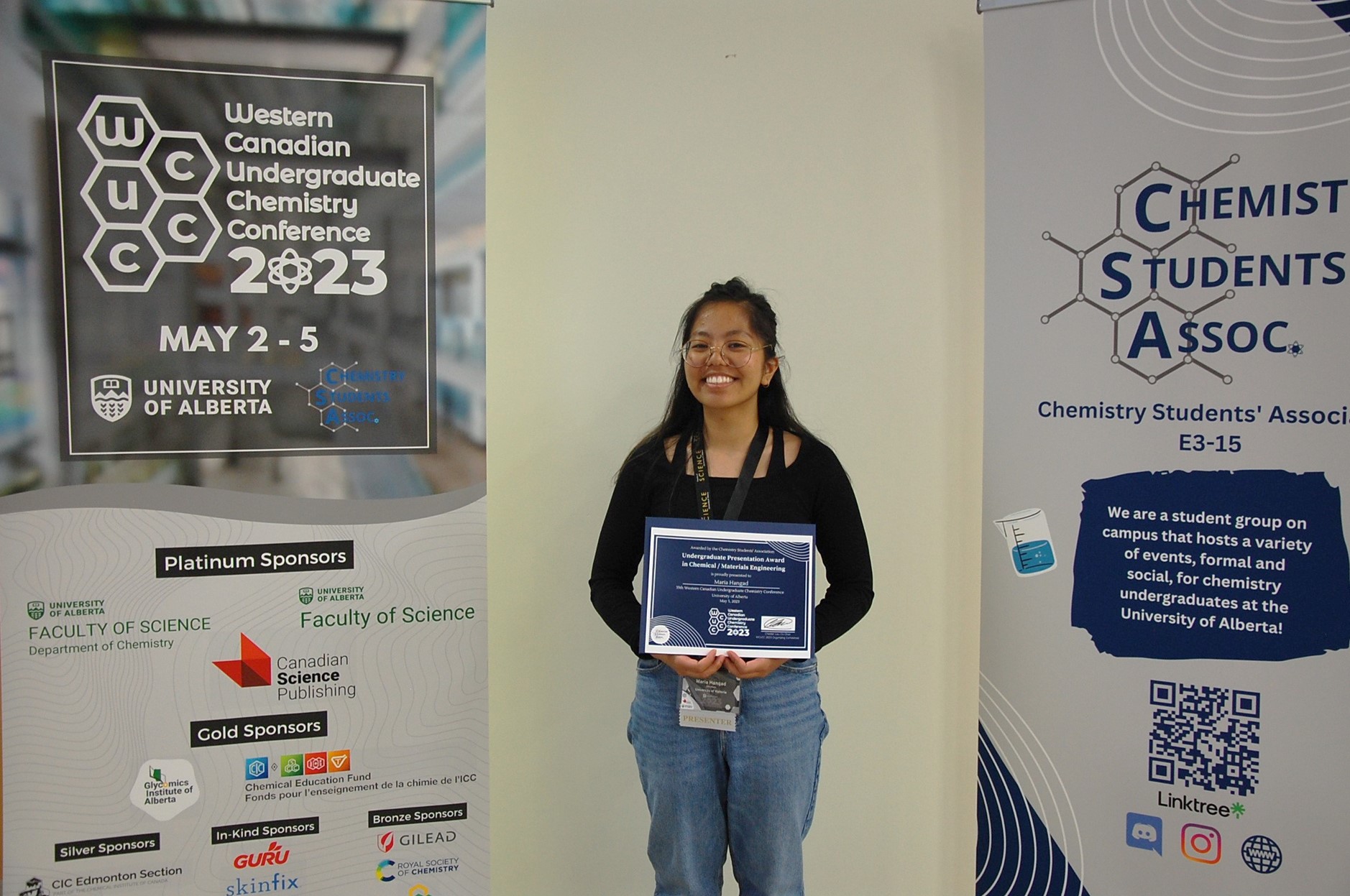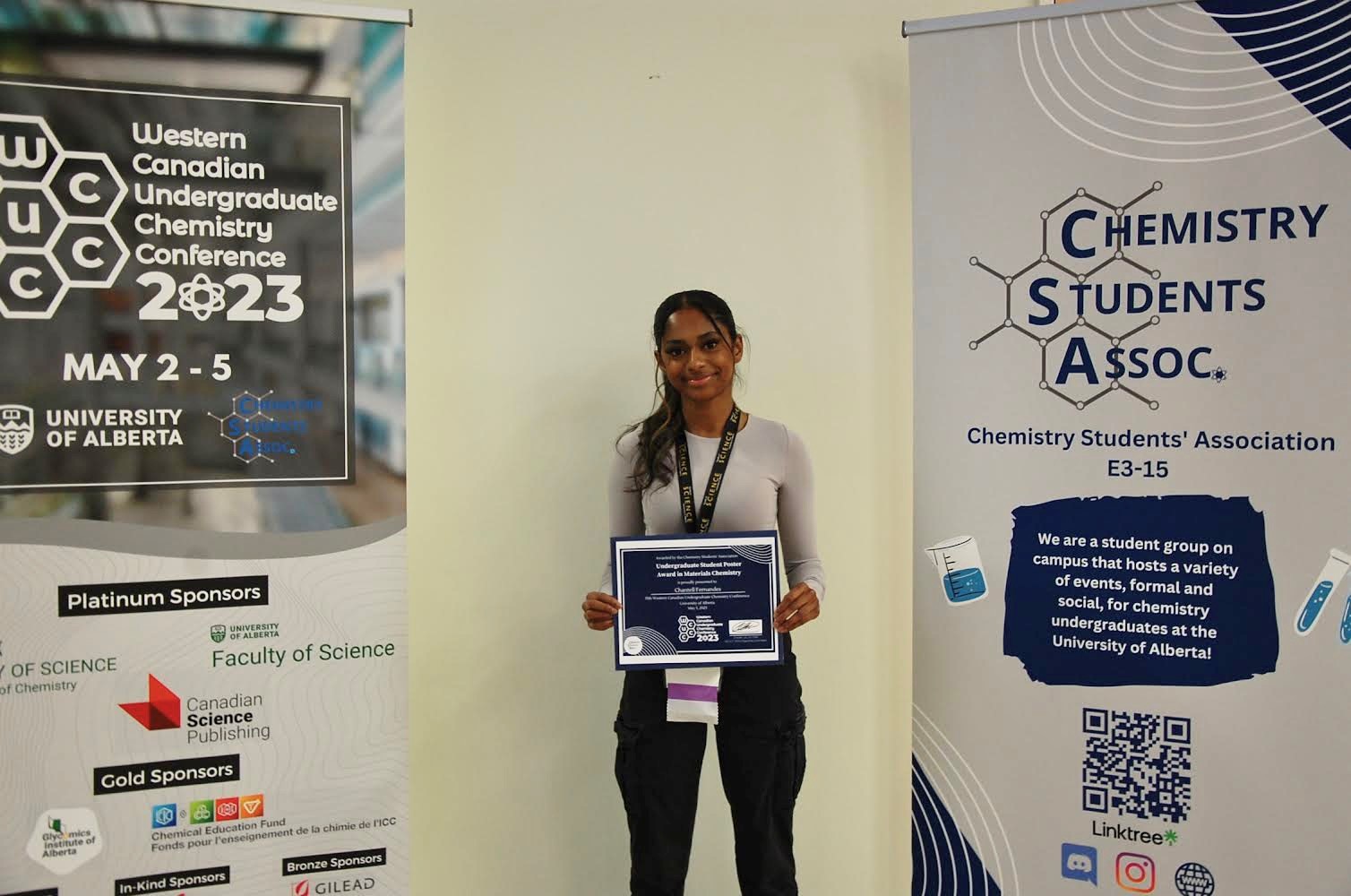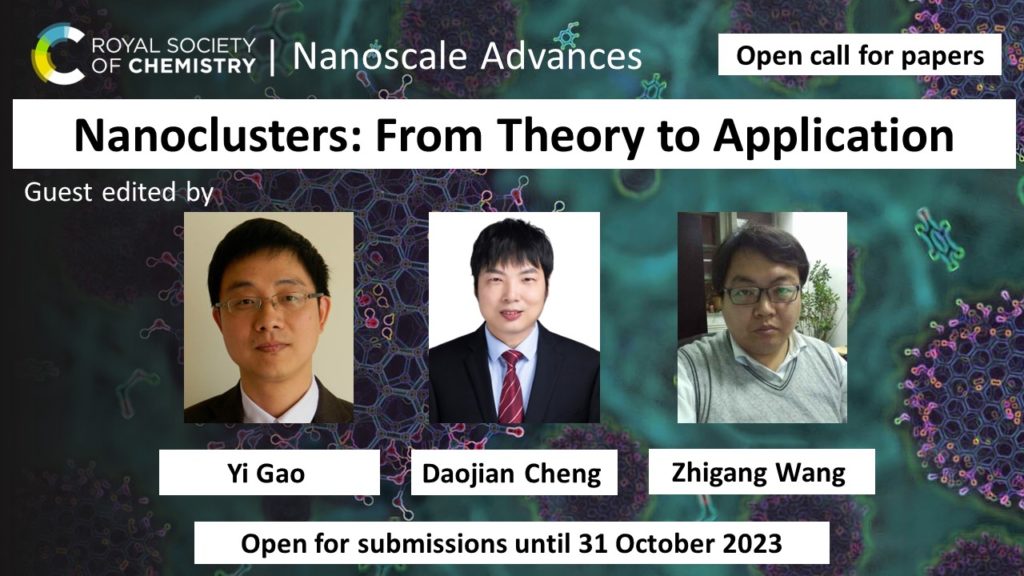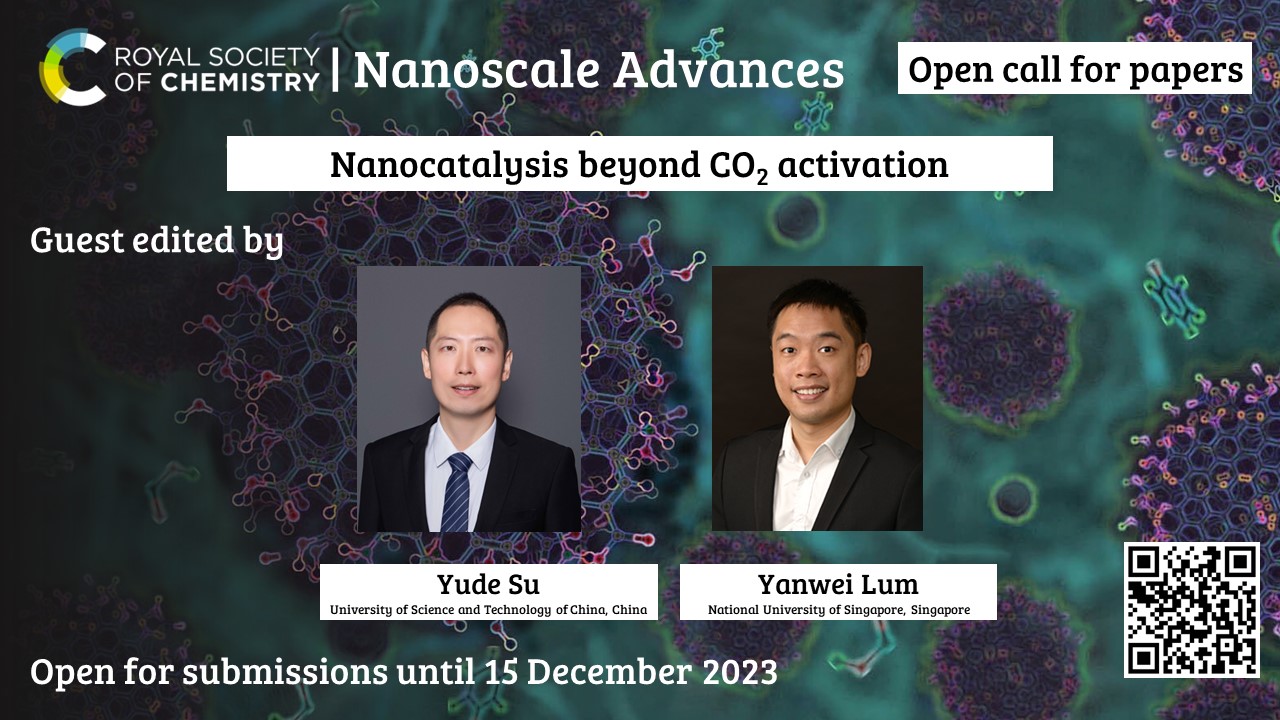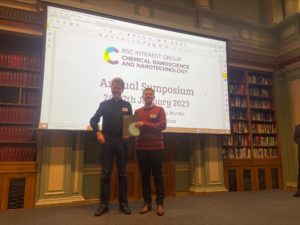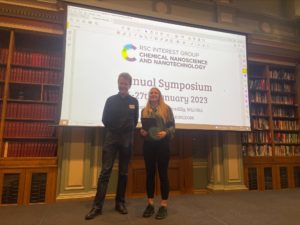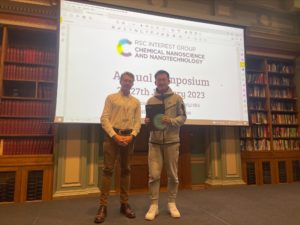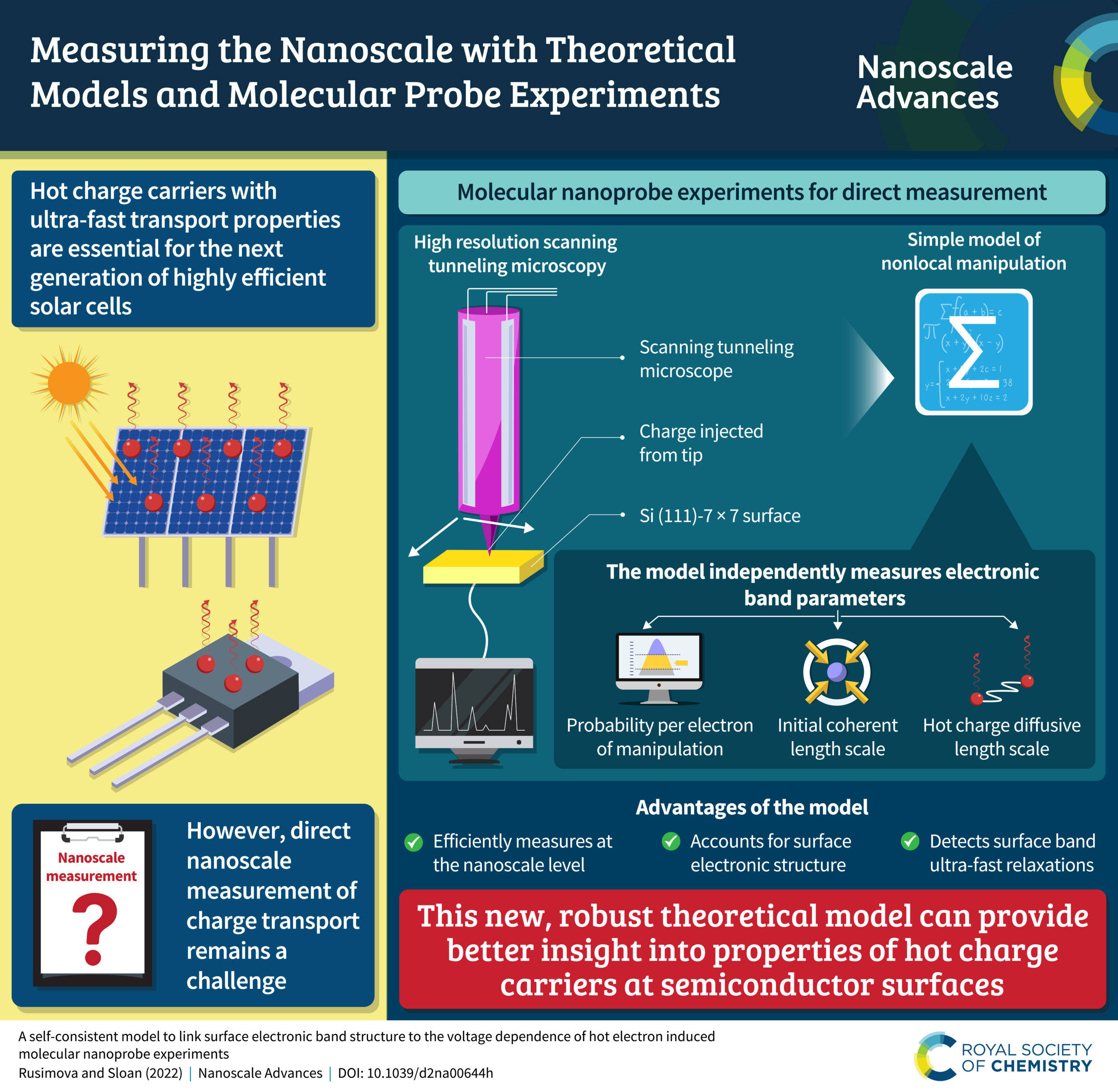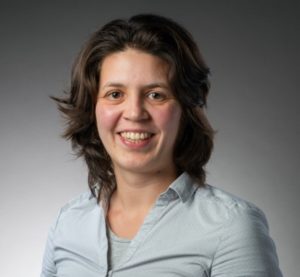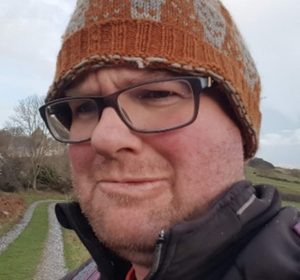Call For Papers: Graphene and 2D materials in healthcare
Guest edited by Laura Ballerini, Alberto Bianco, Kostas Kostarelos and Maurizio Prato
We are delighted to announce a high-profile online special themed collection on Graphene and 2D materials in healthcare to be published across Nanoscale Horizons, Nanoscale and Nanoscale Advances. The collection is guest edited by:
Prof Laura Ballerini, Scuola Internazionale Superiore di Studi Avanzati (SISSA), Trieste, Italy
Dr Alberto Bianco, CNRS Strasbourg, France
Prof Kostas Kostarelos, University of Manchester, United Kingdom, and Catalan Institute of Nanoscience & Nanotechnology (ICN2), Barcelona, Spain
Prof Maurizio Prato, CIC biomaGUNE, San Sebastián, Spain
Many researchers have responded to our special issue and have asked for more time given the number of conflicting deadlines they have. To give everyone more time to finalise and submit the great work they have to offer, we are delighted to extend the deadline for this collection until 30 September 2023.
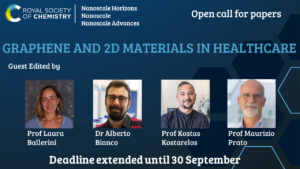
Over the past decade, the Graphene Flagship Division II (Health, Medicine, Sensors) has contributed immensely to developments in graphene-based technologies for biomedical applications, safe and sustainable graphene and related materials, and high-performance sensors with a variety of applications, from detecting disease biomarkers, to piezoresistive devices for microphones and speakers. This collection coincides with the celebration of the achievements and completion of this programme of work.
The Guest Editors for this collection would be delighted if you will join them in hailing this important milestone by contributing your latest and best original research to the collection. We welcome research from participants in the Graphene Flagship programme, as well as from those investigators working in these important research areas at institutions outside of the Flagship.
The topics of this special themed collection on Graphene and 2D materials (G2D) in healthcare, include but are not limited to:
- Chemical modifications and strategies to achieve safe and sustainable G2D materials
- Safety-by-design exemplars of G2D materials
- G2D materials Risk and Life Cycle analysis
- Environmental and human health impact from intended and unintentional exposure to G2D materials
- G2D materials & technologies to manage and treat neurodegenerative disease
- Therapeutic platforms and modalities based on G2D materials
- Diagnostics and Imaging approaches utilising G2D material properties
- Approaches to enhance tissue regeneration using G2D materials
- G2D sensing platforms, devices, approaches with biomedical impact
- Detection of disease (cancer, infectious disease, etc) biomarker molecules using G2D-based sensors
- Advances in sensing technologies using G2D materials with future impact in biomedicine
This call for papers is open to the following article types:
- Communications
- Full papers
New submission deadline: 30 September 2023
We welcome submissions from now until the deadline, with articles being published in the next available issue on acceptance and collated into an online collection. This allows greater flexibility for you to publish your research when it is ready, while ensuring your article is published quickly. The collection will be promoted in the second half of 2023 and beyond, ensuring maximum visibility of your article within the materials chemistry community.
Submissions to the collection should fit within the scope of either Nanoscale Horizons, Nanoscale or Nanoscale Advances and we encourage authors to select which journal they find most suitable for their work. Please visit the journal websites for more information about the scope, standards, article types and author guidelines.
If you would like to contribute to this themed collection, please submit your article directly through the Nanoscale Horizons online submission service, Nanoscale online submission service or the Nanoscale Advances online submission service. Please mention that this submission is a contribution to the Graphene and 2D materials in healthcare collection in the “Themed issues” section of the submission form and add a “Note to the Editor” that this is from the Open Call. The Editorial Office reserves the right to check suitability of submissions in relation to the scope of both the journal and the collection, and as such inclusion of accepted articles in the final themed collection is not guaranteed. All submissions will be subject to initial assessment and sent for peer review, if appropriate. We cannot guarantee peer review or acceptance of your submission in the journal.
If you have any questions about any of the journals or the collection, please email nanoscale-rsc@rsc.org.
We look forward to receiving your submissions and featuring your work in this special collection!
With best wishes,
Prof Laura Ballerini (Scuola Internazionale Superiore di Studi Avanzati (SISSA), Trieste, Italy)
Dr Alberto Bianco (CNRS Strasbourg, France)
Prof Kostas Kostarelos (University of Manchester, United Kingdom, and Catalan Institute of Nanoscience & Nanotechnology (ICN2), Barcelona, Spain)
Prof Maurizio Prato (CIC biomaGUNE, San Sebastián, Spain)
